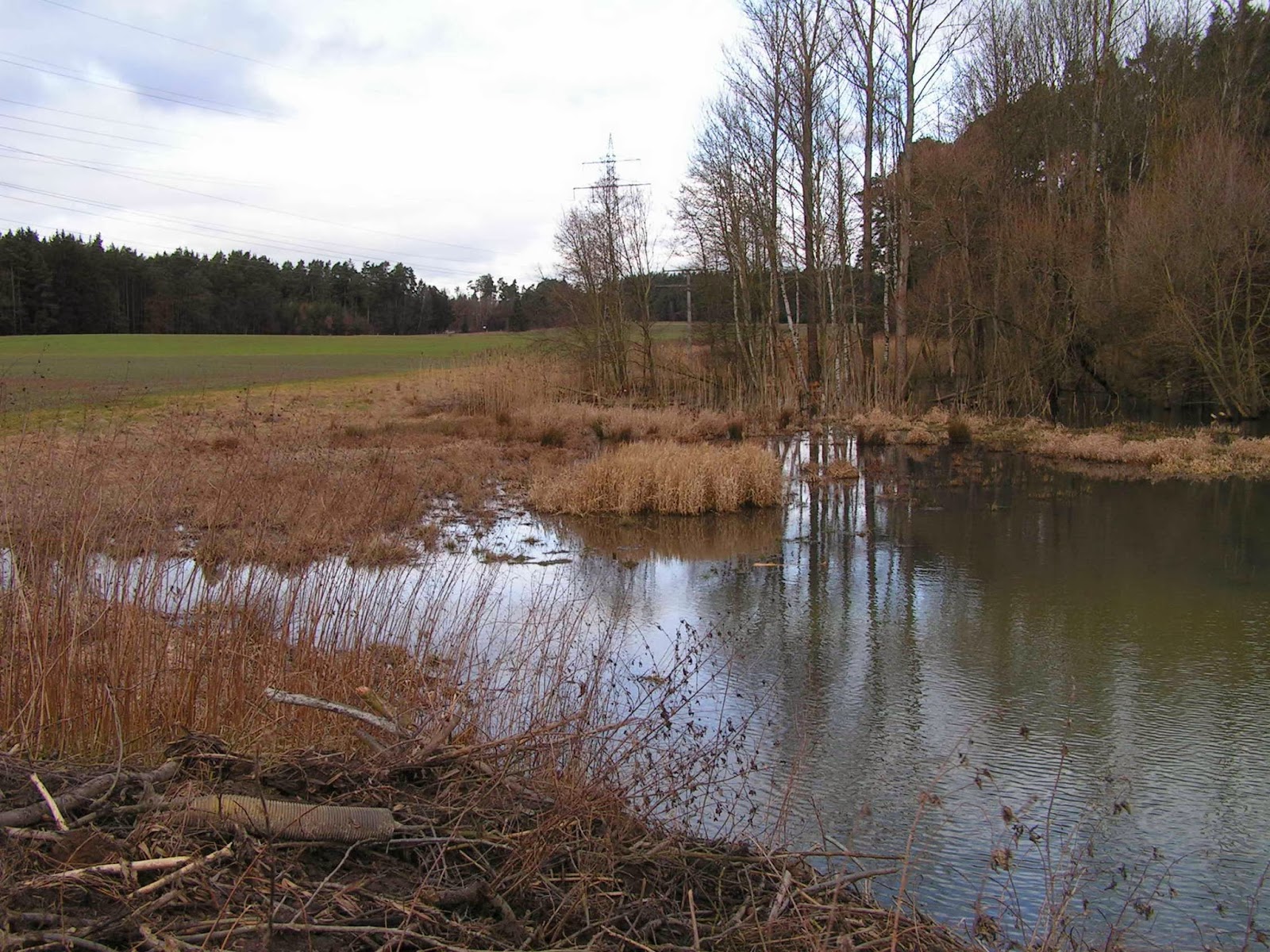LVT Wildlife & The Environment Lib Dems ALTER paper
I wrote this as a discussion for the Lib Dems ALTER group for their next party conference - Power to the elbows!
LVT Wildlife & The Environment
Land Value Tax (LVT)
on all land in the UK will not only create jobs and boost the economy, but is
the key to protecting our wildlife and conservation of natural resources.
LVT will allow all the citizens of the United Kingdom to
share in the natural riches of our country and feel that they have a stake in
its future. This will have many benefits for community cohesion and respect for
the countryside and private property.
LVT has been recognised as the key economic reform by the academic
discipline of ‘Environmental Economics’ as the only policy that will allow us
to square the circle of having a growing economy, increasing employment with
greater wildlife protection and conservation of natural resources.
Natural Capital
Government revenue should come from Natural Capital; the
free gifts that nature gives us: the natural fertility of the soil, the sun,
the water and the resources of oil and minerals. At present our tax system
allows the monopoly value of these resources to be privatized without tax. This
has the long term effect of concentrating unearned income into the hands of a
few and reducing economic efficiency.
As society develops and becomes wealthier so natural capital,
as a finite limiting resource, comes to constitute an ever increasing
proportion of total wealth. But its monopoly value also concentrates in fewer
hands, in the guise of corporate landowners and unproductive financial
speculators. They capture ‘economic rent’ and make huge capital gains, acting
as a massive drain on entrepreneurship and the productive members of our
society.
Direct taxation of a fixed resource such as natural capital
will have far less impact on our economy than taxation of trade and wages. This
will allow jobs and industry to flourish while at the same time acting as a
constant force to conserve the use of land and natural resources. The practical
effect of this is that we will use our existing developed land far more efficiently;
investment capital will flow to poorer areas and derelict land instead of
seeking out green fields to exploit. Business and individuals will have a great
incentive to conserve oil and minerals stimulating new green industries.
Giving Value to Wildlife
The fundamental problem we have in nature conservation is that
when wildlife is destroyed there is no sanction. LVT will provide a positive
feedback loop giving cash cost to wildlife destruction for anyone seeking to
use natural land or intensify its use as this will have an impact on its
unimproved value. Whenever a natural place is destroyed so it’s ‘Land Value’
will increase and thus it will be taxed accordingly.
Conversely marginal land that is of little commercial
economic value (that is held in covenant as such) will have no commercial value
and be free from such a tax – thus landowners will be encouraged not to use
land in uneconomic ways that destroy wildlife promoting the creation of many
more areas of high wildlife value that will have little impact on the productive
economy.
Creating economically competitive rural, farming and conservation employment
Our present system of taxation vastly favours tax-dodgers,
land speculators, large landowners and investment in huge capital
infrastructure. This promotes the use of ever more intensive agricultural
systems, increasing animal suffering, oil based chemical use and
disproportionately drives jobs out of
rural areas.
Huge tax breaks exist for the purchase of large machines and
capital infrastructure. Fuel, fertilisers and agricultural chemicals all have
huge subsidies and do not reflect their true cost to society or the
environment.
Taxation removed from wages and trade allows the creation of
rural and urban jobs. In rural areas this would be further enhanced as it would
allow less intensive systems of agriculture, that coexist with native wildlife,
to become economically competitive, when compared with our most damaging forms
of industrial agriculture. Opportunities would arise in our leisure and
wildlife conservation businesses offering benefits for the rural economy in
recreation and tourism.
Intensive livestock farming inputs like palm oil husks and
soya, which are grown at the expensive of tropical rainforest, would also
become less economically competitive, helping to save areas of high
biodiversity elsewhere on our planet.
Why other systems have failed
There has been a series of attempts by government to enhance
wildlife and protect our natural resources at a huge cost to the taxpayer. Many
of these efforts have meant little benefit for wildlife yet have increased the
land prices and enriched only a few landowners
Grants to landowners, agricultural subsidies and land use
policy have been a disaster for British wildlife.
Just like the disaster of housing policy over the last 30
years, so we have created a system whereby the taxpayer ‘rents’ wildlife from
private landlords. This is hugely costly and a massively inefficient way of
protecting wildlife. A general LVT will achieve a much greater level of
wildlife protection with a much reduced cost to the taxpayer and reduce the
need for DEFRA to administer and police current grant systems.
The greatest Liberal
politicians of the last 100 years have supported LVT as the key economic reform
that will bring economic growth, employment, balance of payments, social cohesion
& crime reduction. The new academic movement of ‘Environmental Economics’
has now recognised LVT as key to the protection of our wildlife and
conservation of the natural resources of the planet.



Comments
Post a Comment